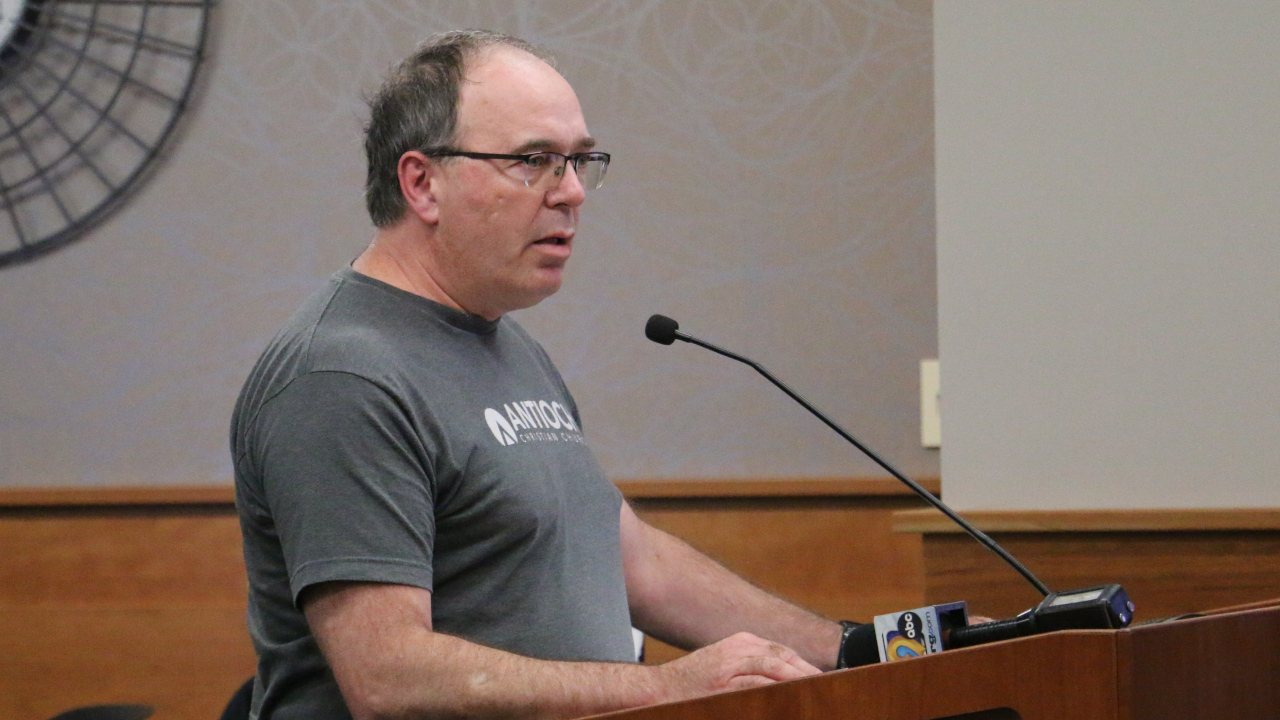
A new set of amendments to Linn County’s renewable energy ordinance is on its way to the Linn County Board of Supervisors for consideration. But unlike the current ordinance, which critics have claimed is excessively favorable to utility-scale renewable energy developers, the amendments are now being called into question as being excessively restrictive to such […]
Already a subscriber? Log in
Want to Read More?
Get immediate, unlimited access to all subscriber content and much more.
Learn more in our subscriber FAQ.
- Unparalleled business coverage of the Iowa City / Cedar Rapids corridor.
- Immediate access to subscriber-only content on our website.
- 26 issues per year delivered digitally, in print or both.
- Support locally owned and operated journalism.
Do you want to read and share this article without a paywall?
Click here to purchase a paywall bypass linkA new set of amendments to Linn County’s renewable energy ordinance is on its way to the Linn County Board of Supervisors for consideration.
But unlike the current ordinance, which critics have claimed is excessively favorable to utility-scale renewable energy developers, the amendments are now being called into question as being excessively restrictive to such developments.
At the end of a three-hour special meeting Wednesday night, Aug. 16, the Linn County Planning & Zoning Commission voted unanimously to forward the amendments to the supervisors for further discussion – and possible changes, as suggested by speakers and officials at the meeting.
However, Linn County Planning and Development director Charlie Nichols said the amendments were developed based on input from several county-appointed committees, and clarified the commission’s function in the overall amendment process.
“It is not your role as planning and zoning commissioners to evaluate if code makes projects too hard or too easy to build,” Mr. Nichols said. “Your role as the Planning and Zoning Commission is just to evaluate (if the code adheres) to the comprehensive plan and then to recommend approval, based on the comprehensive plan, to the Board of Supervisors and pass the code on to them for further review and revision.”
The ordinance revisions were driven by issues raised during the board’s consideration, and eventual approval, of utility-scale solar projects near Coggon and near the now-closed Duane Arnold Energy Center in Palo.
After those projects were approved, the board of supervisors enacted a moratorium on consideration of new utility-scale renewable energy projects – a moratorium which has been extended several times – and county officials appointed four renewable energy committees to review portions of Linn County’s renewable energy ordinance.
Those committees included:
- Good Neighbor Practices, which discussed setbacks and screening;
- Battery Energy Storage Systems, which discussed placement and safety considerations;
- Balancing Agriculture and Solar, which discussed vegetation requirements and agrivoltaic considerations; and
- Lifecycle Costs, which disussed decommissioning plan requirements and considerations, operation and maintenance plan requirements and considerations.